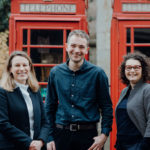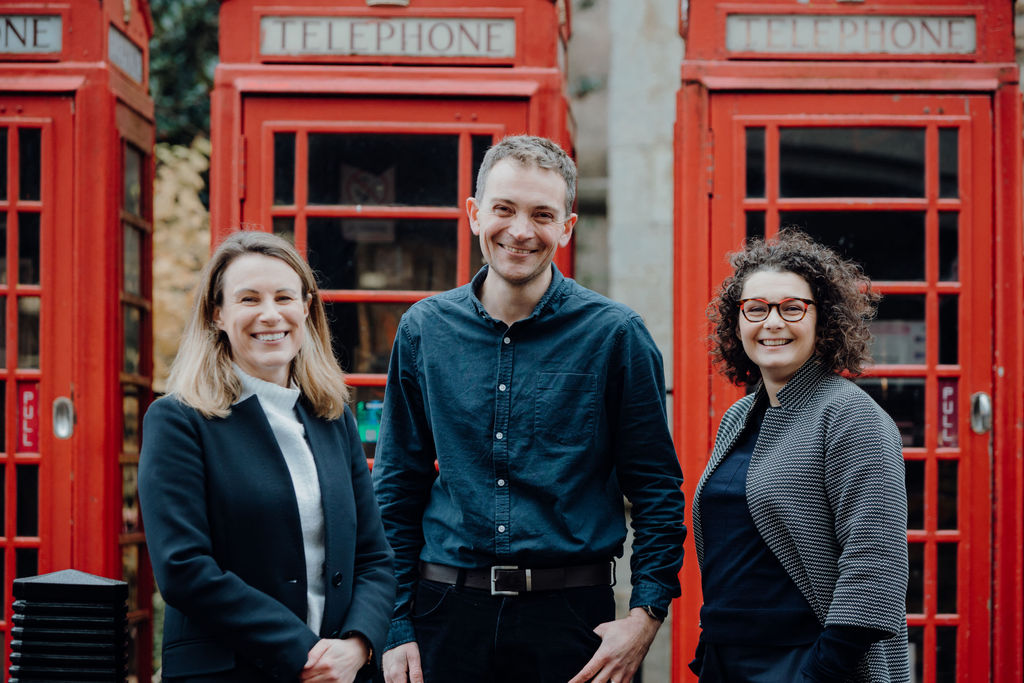New Kavli Centre for Ethics, Science, and the Public at University of Cambridge will explore ethical implications of scientific discovery
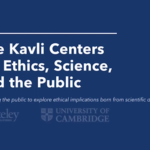
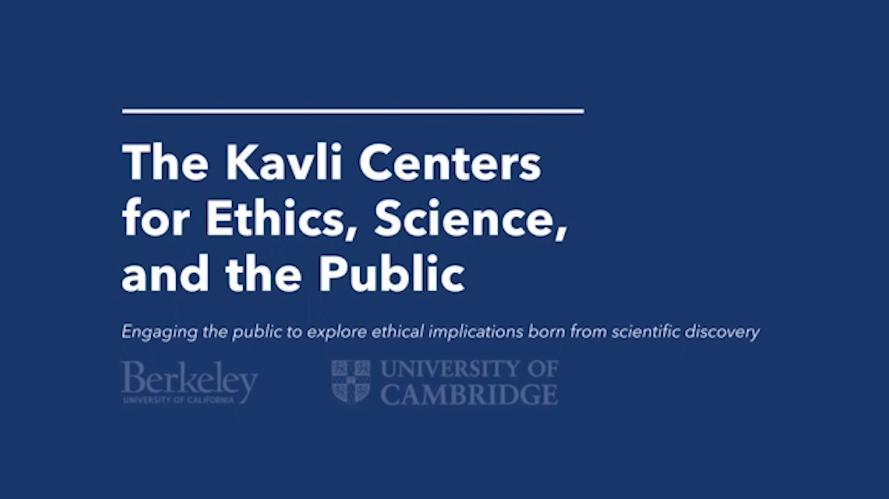
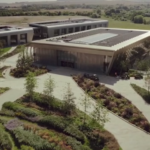
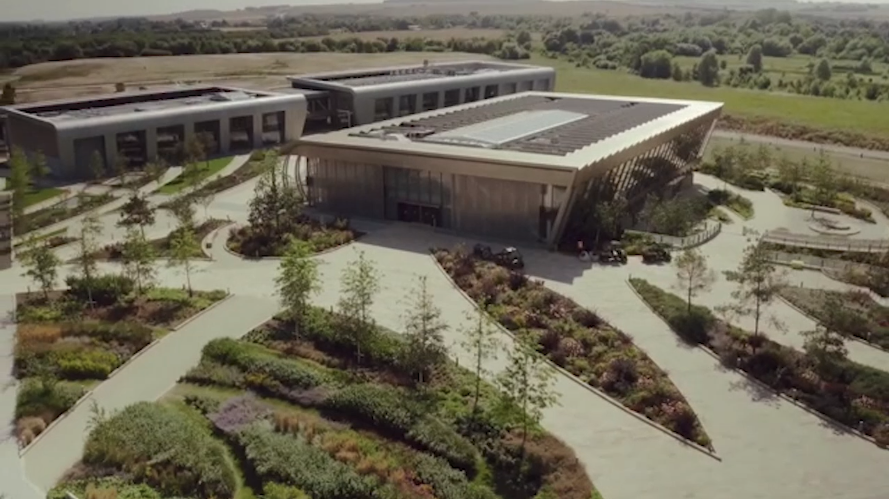
17th December 2021
Prof Anna Middleton, the centre’s inaugural director, said: “From the discovery of DNA to the development of the first AI, and to the sequencing of 20 per cent of the world’s Covid-19 virus today, Cambridge is at the cutting edge of science, and has been for centuries. This is truly a place where the big questions get explored.
“Through collaboration with experts in popular culture we will find the evidence base to drive conversations with everyday people around the ethical issues raised by science, so that all of us can share in decision making around the implications of science for society.”
The centre is a collaboration between the university and Wellcome Connecting Science, with funding from The Kavli Foundation.
Cynthia Friend, president of the Kavli Foundation: “This is an exciting and innovative endeavour. Ensuring the public is meaningfully involved in ethical considerations born from scientific discovery is important. The vision, creativity, and global community of the Cambridge team impressed us.”
Prof Middleton will be supported by Dr Richard Milne as deputy director and lead for research, and Dr Catherine Galloway as lead for innovation and translation.
Related Link:
Citation:
